Counseling and Psychotherapy Theories in Context and Practice: Skills, Strategies, and Techniques, 2nd Edition is an in-depth guide that provides useful learning aids, instructions for ongoing assessment, and valuable case studies. More than just a reference, this approachable resource highlights practical applications of theoretical concepts, covering both theory and technique with one text. Easy to read and with engaging information that has been recently revised to align with the latest in industry best practices, this book is the perfect resource for graduate level counseling theory courses in counselor education, marriage and family therapy, counseling psychology, and clinical psychology. Included with each copy of the text is an access code to the online Video Resource Center (VRC). The VRC features eleven videos—each one covering a different therapeutic approach using real therapists and clients, not actors. These videos provide a perfect complement to the book by showing what the different theories look like in practice.
The Second Edition features:
- New chapters on Family Systems Theory and Therapy as well as Gestalt Theory and Therapy
- Extended case examples in each of the twelve Theory chapters
- A treatment planning section that illustrates how specific theories can be used in problem formulation, specific interventions, and potential outcomes assessment
- Deeper and more continuous examination of gender and cultural issues
- An evidence-based status section in each Theory chapter focusing on what we know from the scientific research, with the goal of developing critical thinking skills
- A new section on Outcome Measures that provides ideas on how client outcomes can be tracked using practice-based evidence
Showcasing the latest research, theory, and evidence-based practice in an engaging and relatable style, Counseling and Psychotherapy Theories in Context and Practice is an illuminating text with outstanding practical value.
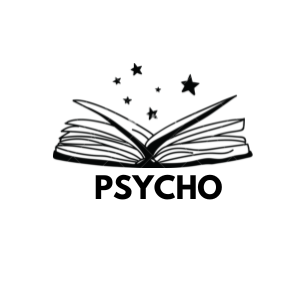

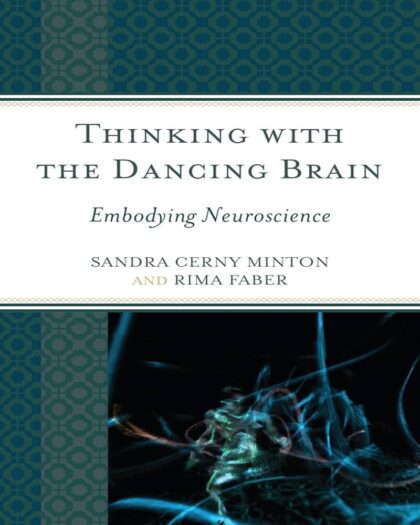
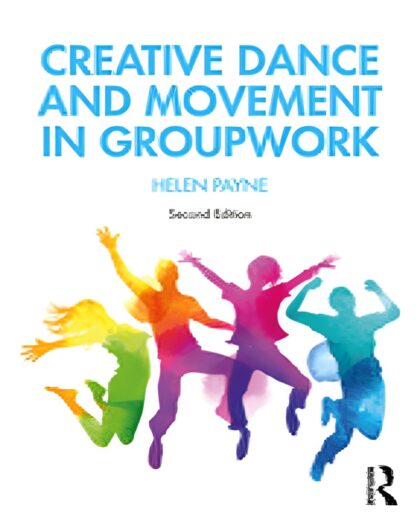
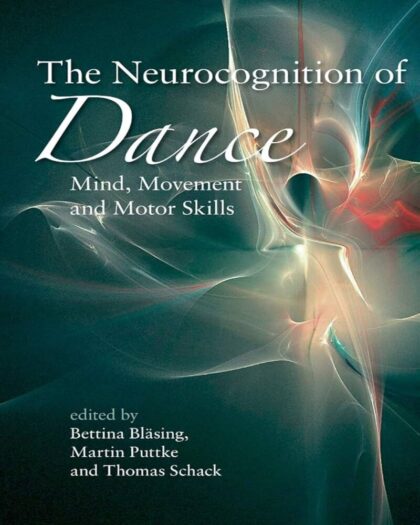
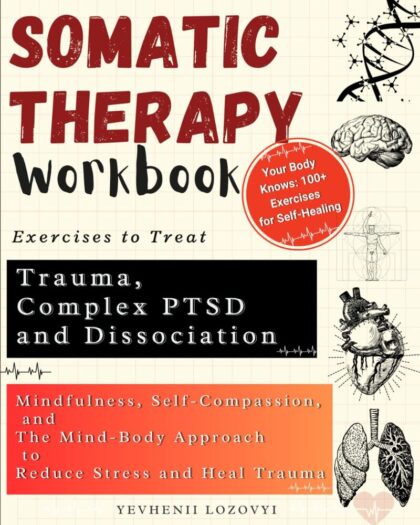
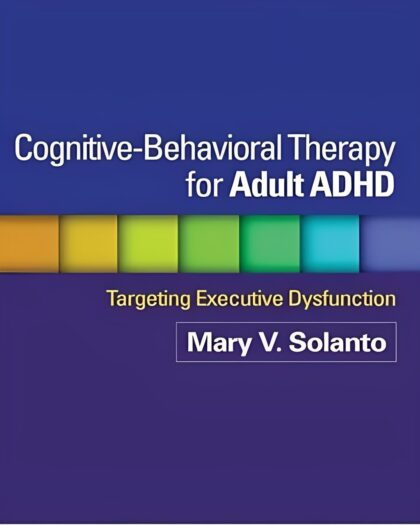
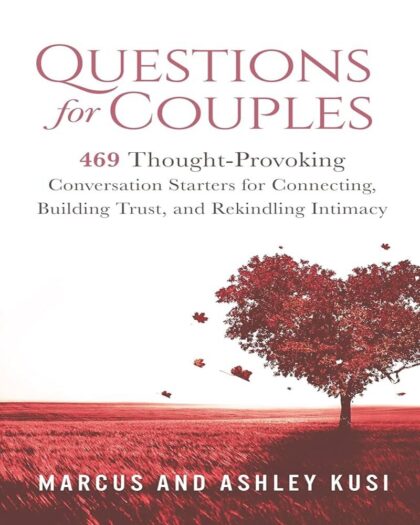
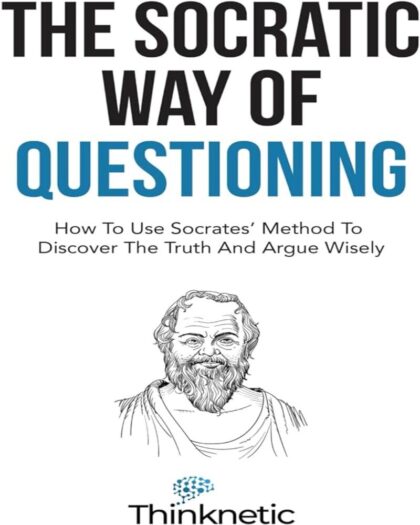
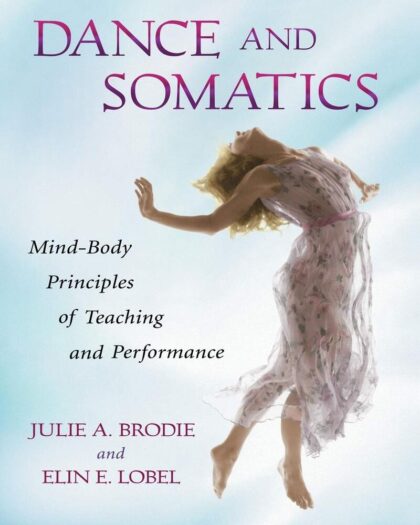
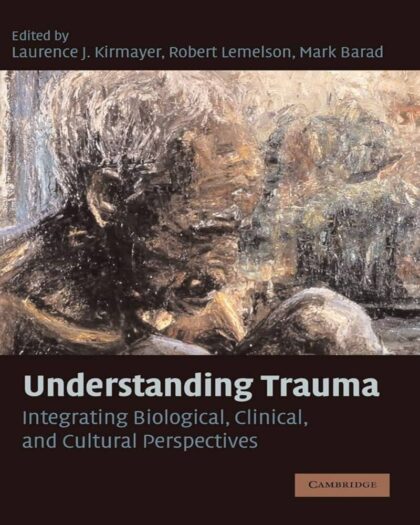
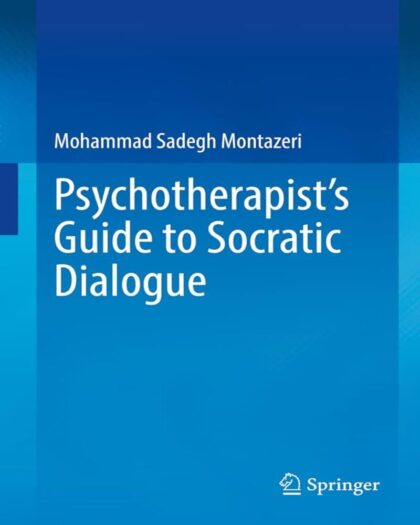
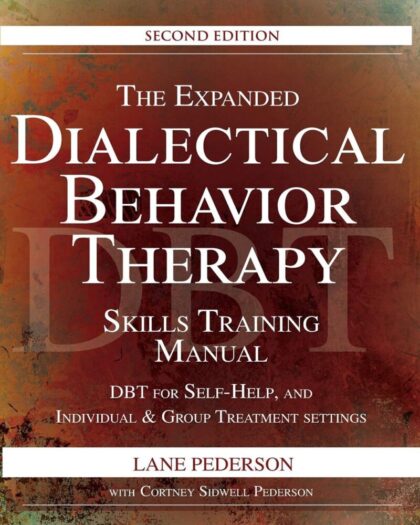
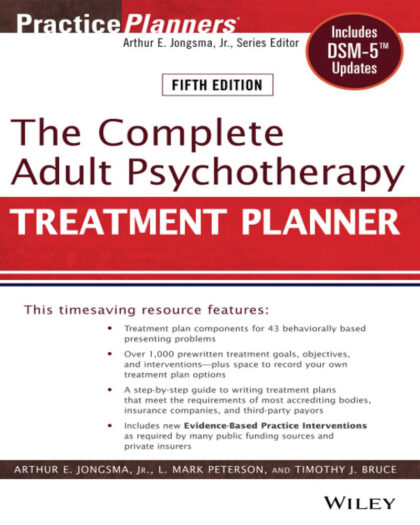
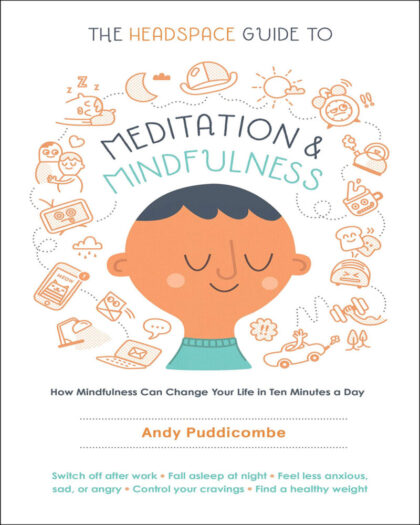
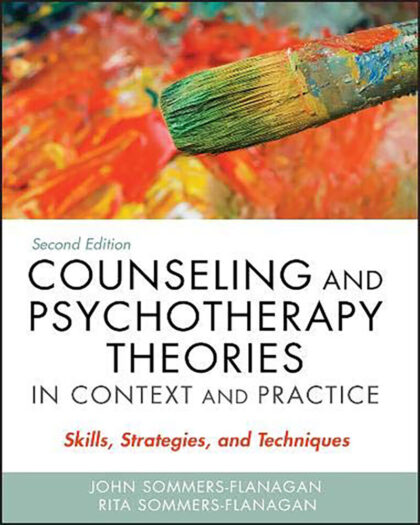
This is one of the few textbooks that I refer back to on a regular basis, so it is useful, but I also enjoyed reading it, which (lets be honest) never happens with textbooks.
Also, I got a lot of mileage out of the study guide, which is more of a workbook.